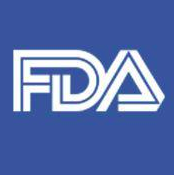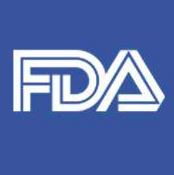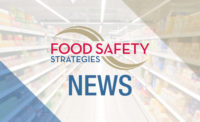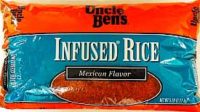Today, the U.S. Food and Drug Administration’s (FDA) Office of Enforcement and Import Operations director, Douglas Stearn, issued a notice stating plans to expedite public notification of products being recalled, including food products.
Typically, FDA works closely with food manufacturers and distributors to identify and recall products that pose a public health risk. Now, the agency’s goal is to notify the public sooner than it has in the past.
Part of the hold up has been the time it takes to classify recalls, a process that can take weeks or even months when a complex evaluation is warranted. FDA digs into the source of outbreaks, illnesses, hazards and identifies vulnerable populations—information that often needs confirmation to ensure the public is provided with the most accurate information.
Now, FDA agrees that the public would benefit from knowing about recalls as soon as possible instead of waiting for the agency’s formal method of investigation into a potentially dangerous food product concludes. Food products still being investigated will now be categorized as “not-yet-classified” so that FDA can notify the public and still continue its investigation in the meantime. Such classifications will be included in the agency’s weekly Enforcement Report.
Current recall classifications are as follows:
Class I - Highest Risk
Reasonable probability that use/exposure will cause serious adverse health consequences or death.
Example: Food contaminated with Salmonella or another pathogen.
Class II - Intermediate Risk
Use/exposure may cause temporary or medically reversible adverse health consequences; remote probability of serious adverse health consequences.
Example: Failure to declare the presence of monosodium glutamate (MSG) in a food product.
Class III - Lowest Risk
Use/exposure is not likely to cause adverse health consequences.
Example: Undeclared colors on food product label.
According to FDA, posting “not-yet-classified” recalls will not affect current FDA protocols for working with companies to ensure that they quickly alert entities in the supply chain as soon as they have identified a problem with their marketed product. Also, FDA will continue to monitor the recalling company’s actions to correct or remove products held by retailers, grocery stores, and other entities.
The public should recognize that recalls are almost always voluntary. Sometimes a company discovers a problem and recalls a product, while at other times a company acts after the FDA raises concerns. Whether FDA or the company discovers the problem, in every case FDA oversees a company’s recall strategy and assesses the adequacy of the recall.
Sign up for Food Safety Magazine’s bi-weekly emails!
Subscribe to our podcast: Food Safety Matters!




